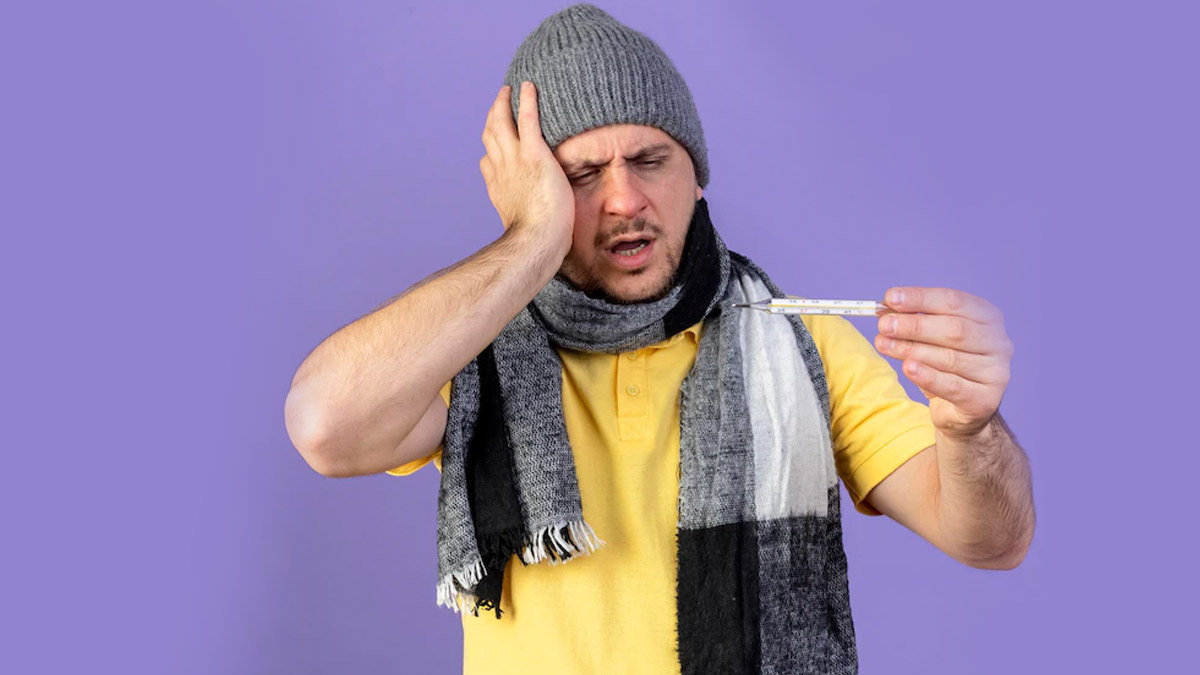
The number of people getting sick with viral fever is increasing as winter draws near and the weather changes. Though fewer than before, Covid-19 instances are documented, and dengue cases in particular have increased. The US Centers for Disease Control and Prevention (CDC) note that there are many parallels between Covid-19 and Dengue in terms of symptoms and other elements. Therefore, for accurate diagnosis and therapy, it is crucial to comprehend the underlying similarities and distinctions between the two viral infections. This article discusses the causes, prevention, and shared symptoms of dengue and Covid-19.
What is Dengue?
Dengue is an acute infectious disease that is characterized by headache, joint pain and a rash that is caused by a single-stranded RNA virus, transmitted by mosquitoes of the genus Aedes.
Causes
The virus that causes dengue fever is spread by the mosquitoes of the species of Aedes aegypti and sometimes also by Aedes albopictus. Aedes mosquitoes are usually found in urban and suburban areas as they like to breed in manmade containers like tires, pots and household water.
Also Read: Dengue Fever Recovery Diet: 5 Foods For Faster Recovery
Signs and Symptoms
Symptoms of dengue fever start developing usually after 3-14 days after a person has been bitten by an infected mosquito. The symptoms include the following:
- Fever
- Headache and pain behind the eyes.
- Severe muscle and joint pains are distinct symptoms. The disease gets its nickname “breakbone fever” from here.
- Extreme fatigue, nausea and vomiting.
- Rash appearing between the second or fifth day of fever.
- Tendency to bleed from the skin and nose. Bloody stools and heavy menstrual bleeding.
These symptoms usually last for three to seven days, after which usually the fever breaks. From this point, the individual either starts getting better or worse and develops severe dengue.
Also Read: How To Identify If You Have COVID-19 Or Dengue From Symptoms
Treatment
Just like most viruses treatment options for dengue only manage its symptoms. Painkillers that do not make bleeding worse can be taken. IV fluids are given to prevent shock but frequent blood draws and other assessments should be performed to make sure the IV fluids aren’t making the person worse. The dengue fever vaccine is also a preventative method.

What is COVID-19?
Covid-19 is a type of coronavirus that causes an infection that is highly contagious and can be fatal. The virus spreads from person to person through droplets, coughing and sneezing.
Symptoms
Most people have only mild symptoms or none at all. Symptoms can include the following:
- Cough
- Fever
- Shortness of breath.
Treatment
The best treatment for Covid-19 is prevention. Wear a mask, keep your hands clean and limit going outside if you are sick. The Covid-19 vaccine which comes in three doses is also a great preventative measure.
Dengue Vs. Covid-19
Both Covid-19 and Dengue may present themselves with sudden onset high fever and body aches. Since both diseases have similar symptoms it is really hard to correctly make a diagnosis within the first 24-48 hours.
The main difference between the two is that Covid-19 is a respiratory illness. So one will have respiratory-associated symptoms like cough and cold, nasal stuffiness, and shortness of breath. While in dengue one might have more severe body aches, headaches and pain behind the ears. This is the primary differentiating factor between the two.







